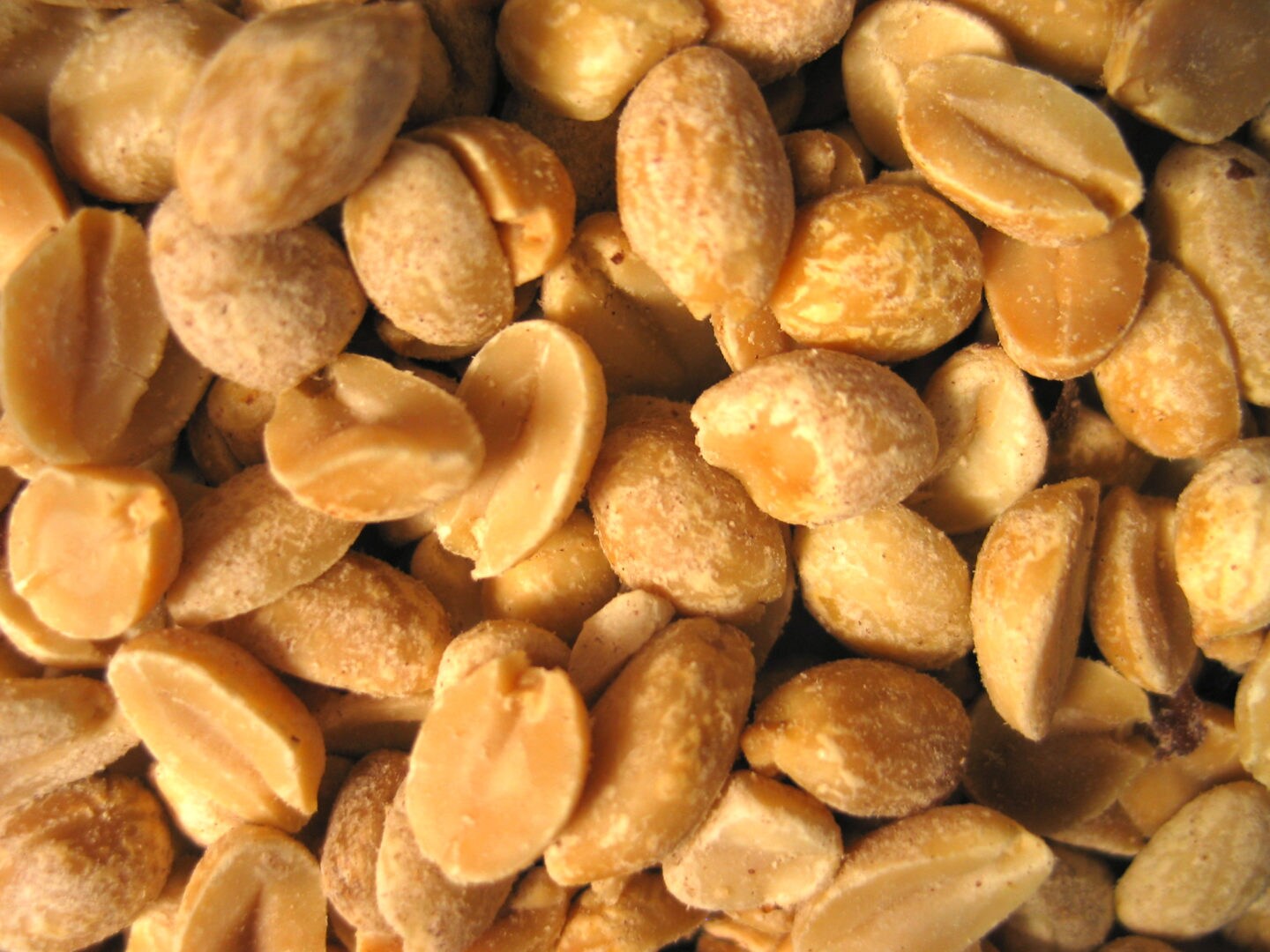Want to win the battle on peanut allergies? Experts now say that feeding your child peanuts as early as infancy could be the key to preventing the allergy entirely.
On Thursday, the National Institute of Health’s National Institute of Allergy and Infectious Diseases issued new clinical guidelines to health care providers to help them determine which babies should be introduced to peanuts earlier on, how the introduction should be made and how early it should happen.
You might be reading this and thinking, “Wait. Hold on a sec. You said I need to introduce peanuts to my child when she’s a baby? Isn’t that exactly what doctors have been telling us not to do??”
Yup, that’s exactly what the NIH is saying. According to an NIH press release, “…Recent scientific research has demonstrated that introducing peanut-containing foods into the diet during infancy can prevent the development of peanut allergy.”
A peanut allergy, which doesn’t currently have a cure or treatment, typically develops in childhood and continues through adulthood. Avoiding allergic reactions is a tough task, and if those with allergies come into contact with peanuts, it can have a severe or life-threatening result.
“Living with peanut allergy requires constant vigilance. Preventing the development of peanut allergy will improve and save lives and lower health care costs,” NIAID Director, Dr. Anthony S. Fauci, said in a news release. “We expect that widespread implementation of these guidelines by health care providers will prevent the development of peanut allergy in many susceptible children and ultimately reduce the prevalence of peanut allergy in the United States.”
The addendum to the 2010 Guidelines for Diagnosis and Management of Food Allergy in the United States gives health care providers three guidelines specifically aimed at infants who are deemed at-risk for developing a peanut allergy. These guidelines are intended to help reduce the likelihood of the allergy.
We’ve outlined them below:
Guideline 1
The first guideline focuses on infants who are at a high risk of developing a peanut allergy, either because they have severe eczema or an egg allergy. According to the release, the expert panel recommends that these infants be fed foods that contain peanuts as early as 4 to 6 months old. That being said, parents and caregivers are urged to consult with their health care providers first to learn about how peanuts can be brought into babies’ diets safely.
Guideline 2
The second guideline focuses on infants who have mild or moderate eczema. Experts say that those infants should be fed foods that contain peanuts at around 6 months.
Guideline 3
The third guideline focuses on infants without eczema or any known food allergy, and advises that they should have peanut-containing foods freely introduced into their diets, according to the release.
Experts added that in all cases, infants should start eating other solid foods before adding peanut-containing foods to their diet.
The new guidelines come after the results from a Feb. 2015 clinical trial in which researchers discovered that a group of at-risk infants who regularly consumed peanuts from infancy until the age of 5 showed an 81 percent reduction in the development of a peanut allergy.
Resources:






